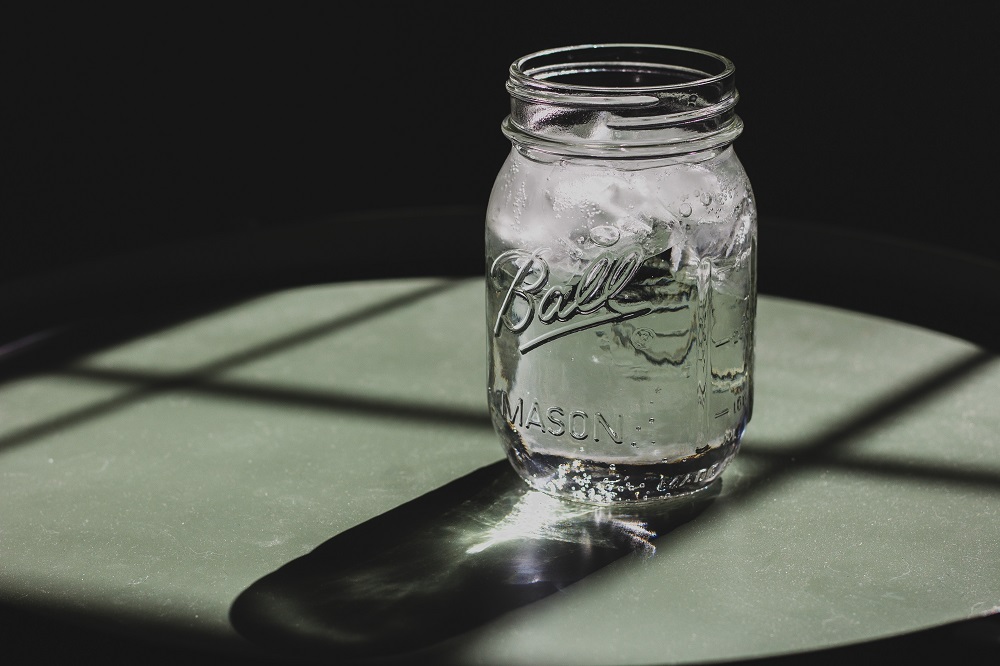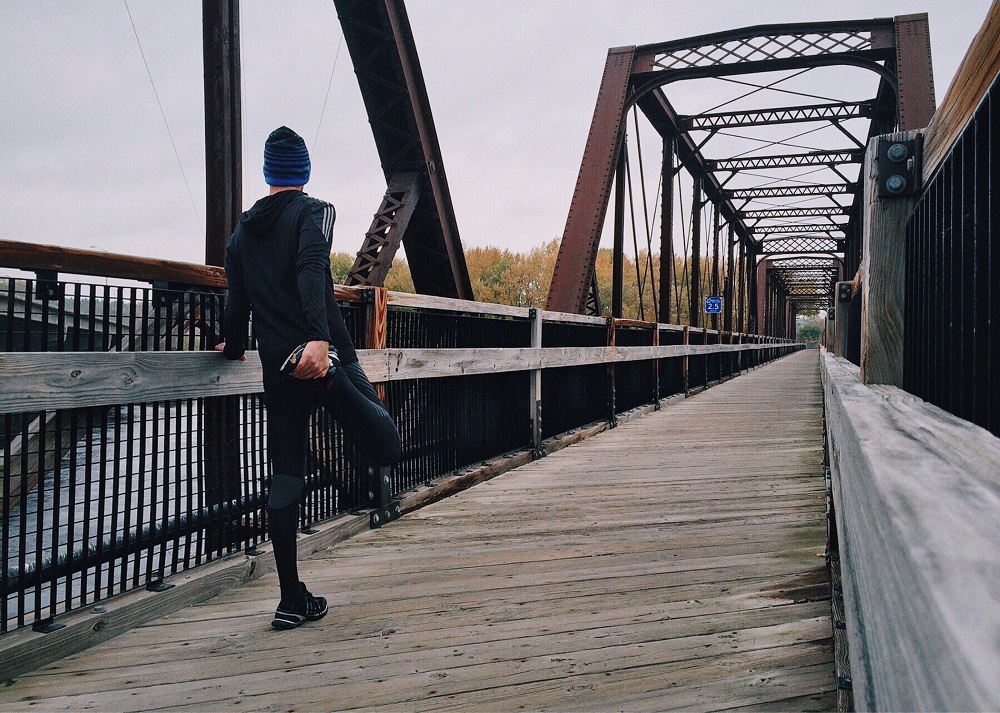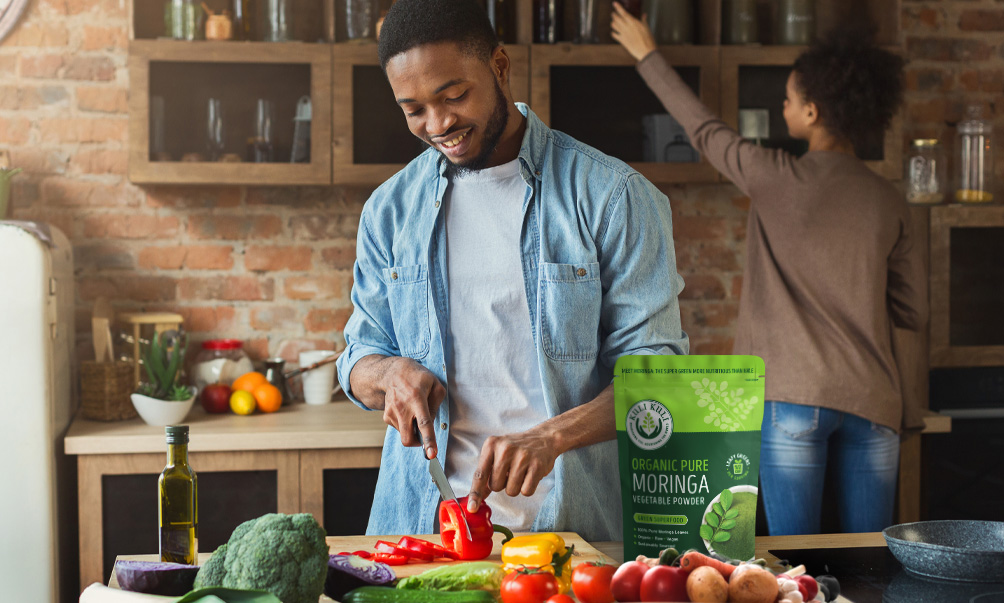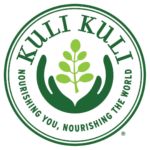
So you’ve probably heard of anti-inflammatory foods and have an understanding of what types of foods help reduce inflammation. But what other lifestyle factors besides diet contribute to inflammation? Lifestyle choices such as water intake, exercise, and stress management all play a vital role in reducing inflammatory responses in our bodies.
So let’s take a look at the lifestyle factors that contribute to inflammation beyond our diets!
What is inflammation?
Before we delve into the contributing factors of inflammation, let’s get down to the basics. Quite simply, inflammation is the body’s natural response to triggers such as injuries, illness, and infections.
But there are two types of inflammation our bodies use that affect us in very different ways!
- Acute inflammation is the response of the immune system to fight of infection, heal wounds, and prevent disease. This response happens when we scrape a knee, bruise our skin, or get sick. This inflammation presents itself as swelling, redness, and pain. The acute inflammatory response is beneficial and occurs to promote healing!
- Chronic inflammation occurs due to ailments such as arthritis, autoimmune diseases, allergies, and Crohn’s disease. This type of inflammation often needs to be treated with the help of medical professionals. Chronic inflammation is also perpetuated by unhealthy lifestyle factors such as a lack of exercise, an unhealthy diet, dehydration, and high stress levels. If chronic inflammation persists in the body for many years, it can lead to serious health complications including heart disease, diabetes, depression, cancer, and respiratory issues such as asthma and bronchitis
In short, acute inflammation is a healthy response to promote healing and chronic inflammation is bodily stress triggered by underlying health problems and/or perpetuated by unhealthy lifestyle factors.
So what do we do? We make healthy lifestyle choices! A healthy diet, exercise, stress management, and drinking enough water are all key factors in preventing chronic inflammation. As Dr. Nicholas Perricone suggests, we need to be thinking in terms of living an “anti-inflammatory lifestyle”.
So besides consuming foods with anti-inflammatory properties, let’s get down to the other lifestyle factors that help combat chronic inflammation!
Drink More Water
This is advice that we hear all the time! Quite simply, we all need to drink more water. Studies show 75% of Americans are chronically dehydrated which leads to negative side effects including irritability, trouble focusing, migraines, and skin conditions such as acne.
Having trouble with this one? Try a water-drinking schedule! This may sound a little strange at first but it is an effective way to keep yourself hydrated throughout your busy day. Here’s an example of a water-drinking schedule that you can try:
Wake up–cup of tea or warm water with a lemon slice
Before leaving the house–cup of water with mint or parsley (refreshing!)
Before lunch–cup of water
Afternoon–a cup of water (try adding some fruit!)
Before dinner–cup of water
Before bed–cup of relaxing tea (make sure it’s caffeine free!)
Making a schedule not only reminds us to drink water, it also makes us feel obligated to drink water. Think of it as a task to cross off your to-do list.
Keep in mind that water doesn’t have to be boring! Dress up your water with slices of fruit, fresh herbs, or cucumbers. You can also add a slice of lemon and some honey to hot water, making for a tea that won’t dehydrate you.
Exercise
Exercising regularly is so important to overall health. In addition, regular exercise helps to regulate insulin levels, which helps to keep chronic inflammation at bay. If your insulin levels aren’t regulated, it’s easier for your body to be triggered by other factors that cause inflammation such as high-sodium foods and psychological stress.
Exercise combats chronic inflammation while also stimulating acute inflammation throughout the body. Why? Remember, acute inflammation is the natural response to bodily stress to promote healing. After a workout, your muscles need to recover, which triggers acute inflammation. This is the response that allows your muscles to recover and plays a vital part in strength training.
So why is it important to know that exercise stimulates acute inflammation? Because it’s important to properly recover from your workouts. Regular exercise has a whole host of benefits but you can kiss some of those benefits goodbye if you don’t give your body enough time and nourishment to recover after a workout. Make sure to schedule rest days and get a sufficient amount of energy and protein in your workout snacks.
Regular exercise is also a great way to reduce stress and improve your mood. Which brings us to our next facet of living an anti-inflammatory lifestyle…
Stress Management
Relaxation and stress management can mean different things for different people. But stress can affect all of us in negative ways.
Studies show that stress affect regulating factors in the immune system, meaning that prolonged stress perpetuates chronic inflammation. In addition, the weakening of the immune system regulators means that people who are stressed are more likely to be susceptible to illnesses like the common cold and viruses like the flu. Yikes!
So what can you do to manage your stress? This is entirely up to you. Whether it’s meditating in the park or dancing in a mosh pit at a rock concert, managing your stress is unique to you and you alone.
Here are some ideas to get you started:
Exercise
- Take a walk
- Go for a bike ride
- Try a new sport
- Join a yoga class or practice at home
- Take a tour of your local recreation center
Creative Outlets
- Try a fun DIY project at home
- Join an art club
- Pick up your camera and try out photography
- Doodle on something
- Visit an art museum or craft show
Practicing Positivity
- Journal daily, write down positive thoughts and practice gratitude
- Deny yourself the right to complain about things, focus on the good!
- Compliment a stranger
- Compliment yourself (if you can’t think of anything, ask your friends and family! You’ll be surprised to learn what people love about you)
Beyond diet, many factors contribute to living an anti-inflammatory lifestyle.
What factors do you struggle with the most? What factors are easiest for you? Let us know in the comments!













